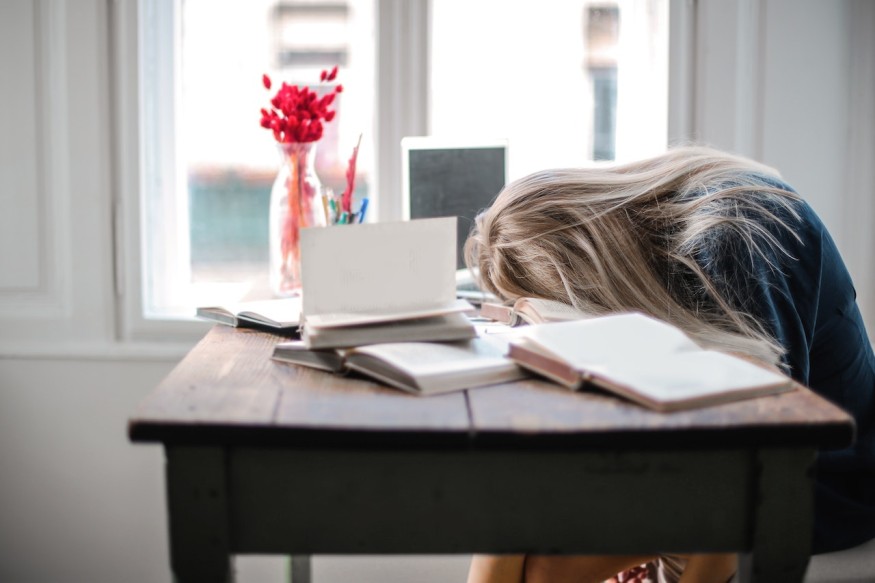
It is normal and common for people to feel low energy levels during the afternoon. This is also known as an afternoon slump. It leads to a feeling of tiredness, a loss of focus, and decreased energy.
What Are Afternoon Slumps?
As mentioned earlier, an afternoon slump is characterized by low energy during mid-afternoon. It may be accompanied by other symptoms, including mood swings, stress, cravings, headaches, frequent yawning, stomach aches, vision difficulties, and fatigue.
Because of these symptoms, one may feel exhausted, sluggish, or unproductive even though there are still several hours left before the day ends.
Why Do We Experience Afternoon Energy Slumps?
There are many possible reasons why this lethargy occurs. For one, it is important to know that the body has a circadian rhythm, which is responsible for feelings of tiredness or alertness in a 24-hour cycle. GoodRx Health explains that, similar to how the rhythm makes one feel tired during the night, it also leads to energy losses during the afternoon.
Beyond the circadian rhythm, there are also other factors that may explain why afternoon slump happens. Such factors include poor or insufficient sleep, a sedentary lifestyle, a poor diet, stress, and sleep disorders, the Sleep Doctor explains.
Medical conditions could also explain the loss of mid-afternoon energy. Individuals dealing with iron deficiency or autoimmune diseases may experience such afternoon slumps.
How To Beat Afternoon Slumps
The good thing is that, despite how these afternoon slumps may hit every now and then, there are some things besides getting a caffeine kick, that can be done to combat such feelings of drowsiness besides getting a caffeine kick.
Northwestern Medicine recommends that people feeling tired in the mid-afternoon get up and get moving. This could help boost oxygen and blood flow and reduce tension. It is advised to do so outside, where vitamin D can be naturally boosted.
Doing some light exercises can help release mood-boosting endorphins, boost blood flow, and make one feel energized. Simply taking a stretch, a walk, or doing light aerobic exercises can go a long way toward boosting one's energy levels.
Munching on healthy snacks could also be a good way to combat the slump. According to the Sleep Doctor, foods that are high in protein, fiber, and healthy fat are good for this. Fresh vegetables and fruit would also be good.
On the other hand, one must also avoid refined carbohydrates and high-sugar goodies. These snacks will lead to a blood sugar spike and worsen the slump.
It is also important to consistently hydrate and rehydrate. Dehydration can dampen one's mental capacities. Hence, it is important to replenish with water, not tea, coffee, or soda. The Sleep Doctor adds that generally men should drink 15.5 cups of water each day while women need around 11.5 cups daily.
RELATED ARTICLE : How to Boost Energy? Here Are Science-Approved Tips to Up Your Zing
Check out more news and information on Medicine and Health in Science Times.
© 2025 ScienceTimes.com All rights reserved. Do not reproduce without permission. The window to the world of Science Times.











